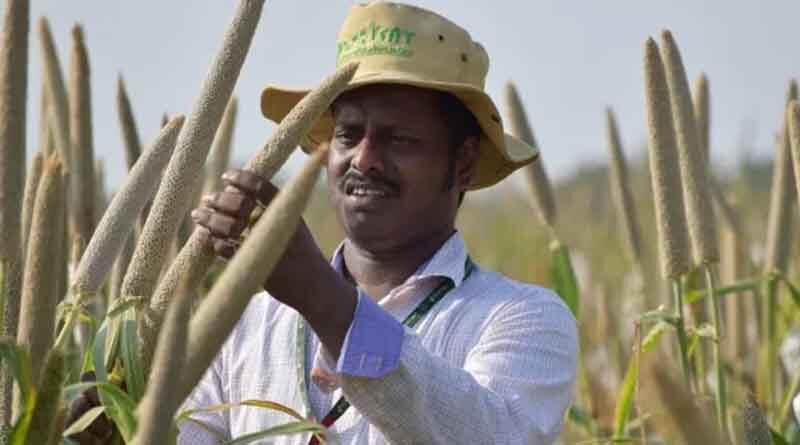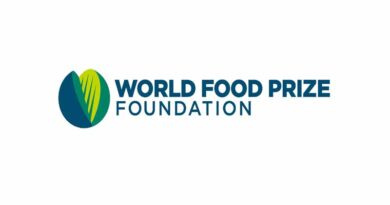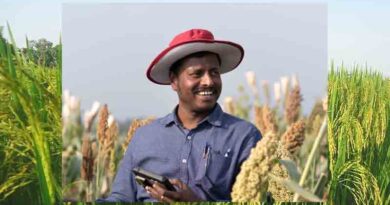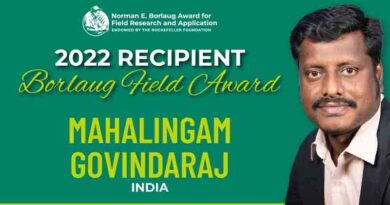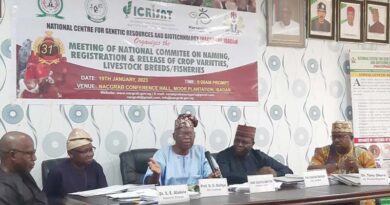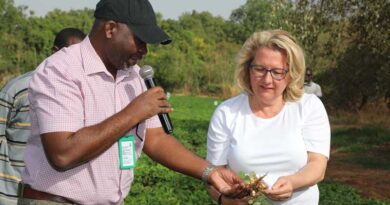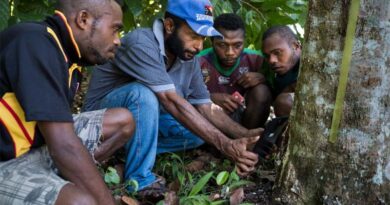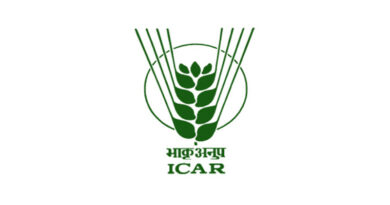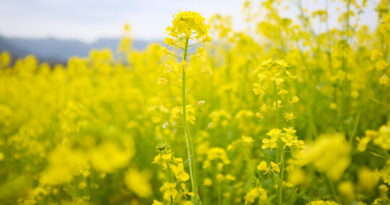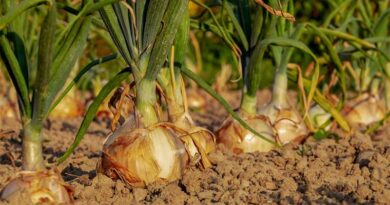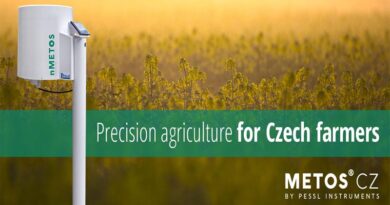ICRISAT alumnus wins Borlaug Field Award for work on biofortified pearl millet
15 September 2022, Iowa: Former ICRISAT scientist Dr Mahalingam Govindaraj has been named the 2022 recipient of the Norman E Borlaug Award for Field Research and Application, endowed by The Rockefeller Foundation.
Commencing in 2011, whilst working at the International Crops Research Institute for the Semi-Arid Tropics (ICRISAT) Dr Govindaraj, with support from the CGIAR’s HarvestPlus program, defined a strategy for biofortification of pearl millet with high iron and zinc and dissemination of high-yielding, drought-tolerant varieties to farmers.
His work has contributed to improved nutrition for thousands of families and enhanced the livelihoods of smallholder farmers across India and Africa who rely on pearl millet for food and nutrition security.
“This award is a recognition of the value of millets and the importance of biofortification in ensuring food and nutrition security for millions of smallholder farmers in India and Africa. Millets were and still are an important part of diets across sub-Saharan Africa and India. The work done by Dr Govindraj in developing biofortified varieties demonstrates the importance and benefits of nutrition-sensitive agriculture. ICRISAT also values its partnership with HarvestPlus,” said Dr Jacqueline Hughes, Director General, ICRISAT.
Dr Govindaraj’s work together with team members from ICRISAT and NARS led to the release and scaling up of the world’s first biofortified pearl millet, Dhanashakti.
Bioavailability studies showed that 200 grams of Dhanashakti (applies to all biofortified pearl millet cultivars as of today) provided women with more than 80% of their recommended daily allowance of iron.
Estimates show that by 2024 more than 9 million people in India will be consuming iron- and zinc-rich pearl millet that offers enhanced health benefits through better nutrition.
“We are proud of Dr Govindaraj’s accomplishment and his contribution while at ICRISAT to the development of Dhanashakti and many hybrids in India and Africa’s first biofortified pearl millet ‘Chakti’. Pearl millet is the oldest millet consumed as a staple in many parts of Africa and Asia. Its high-temperature tolerance, low water requirement and ability to thrive in poor soils make it ideal for dryland cultivation contributing to food and nutrition security in regions most vulnerable to climate change,” said Dr Arvind Kumar, Deputy Director General-Research, ICRISAT.
Dr Govindaraj’s other accomplishments while at ICRISAT include collaborating with the Government of India to implement iron and zinc standards into their national cultivar release policy, making India the first country in the world to do so.
He also played a direct role in the development of more than ten significant high-iron, high-zinc pearl millet cultivars in India, positively impacting thousands of farmers, seed producers, processors and consumers; and creating and disseminating biofortified plant breeding materials throughout sub-Saharan Africa.
“I feel this global recognition is not just of this special work but of the entire pearl millet research community in India and Africa. Sustained efforts are needed for mainstreaming nutrition in breeding programs. Nutrition should be recognized as a core trait in breeding pipelines because those of us involved in crop improvement are also responsible for human wellbeing.”
“My twelve-year stint in ICRISAT’s millet program was productive and enjoyable and honed my leadership skills. I remain grateful to the leadership team for the opportunity and to ICRISAT colleagues, HarvestPlus, donors, and public-private sector partners in India and West and Central Africa,” said Dr Govindaraj.
Dr Govindaraj is currently Senior Scientist for Crop Development at HarvestPlus, based at the Alliance of Bioversity International and CIAT in India.
He will formally receive the award during a ceremony on October 19 at the 2022 Norman E. Borlaug International Dialogue in Des Moines, Iowa.
Also Read: Tractor sale in India lowest in two months; 32 percent down in August 2022
(For Latest Agriculture News & Updates, follow Krishak Jagat on Google News)

